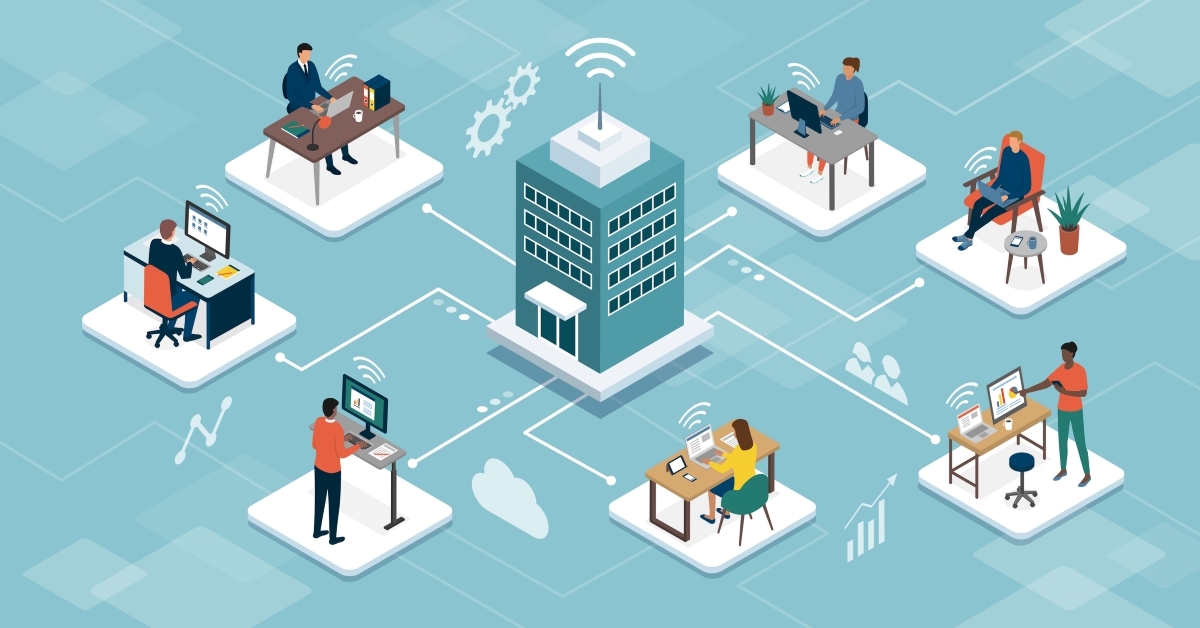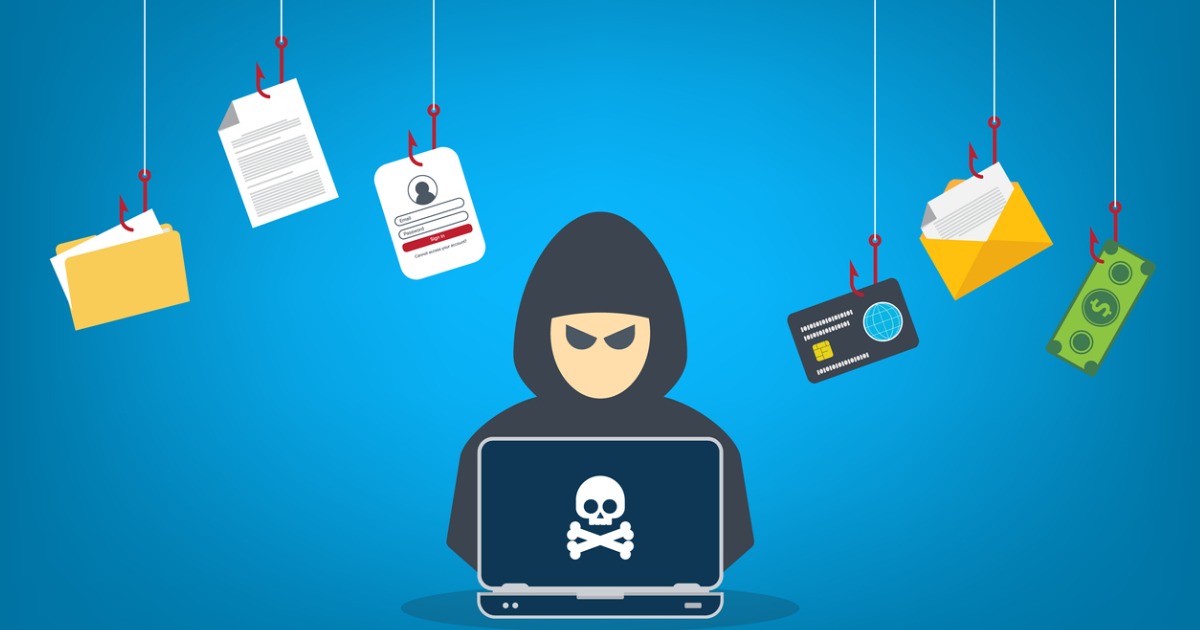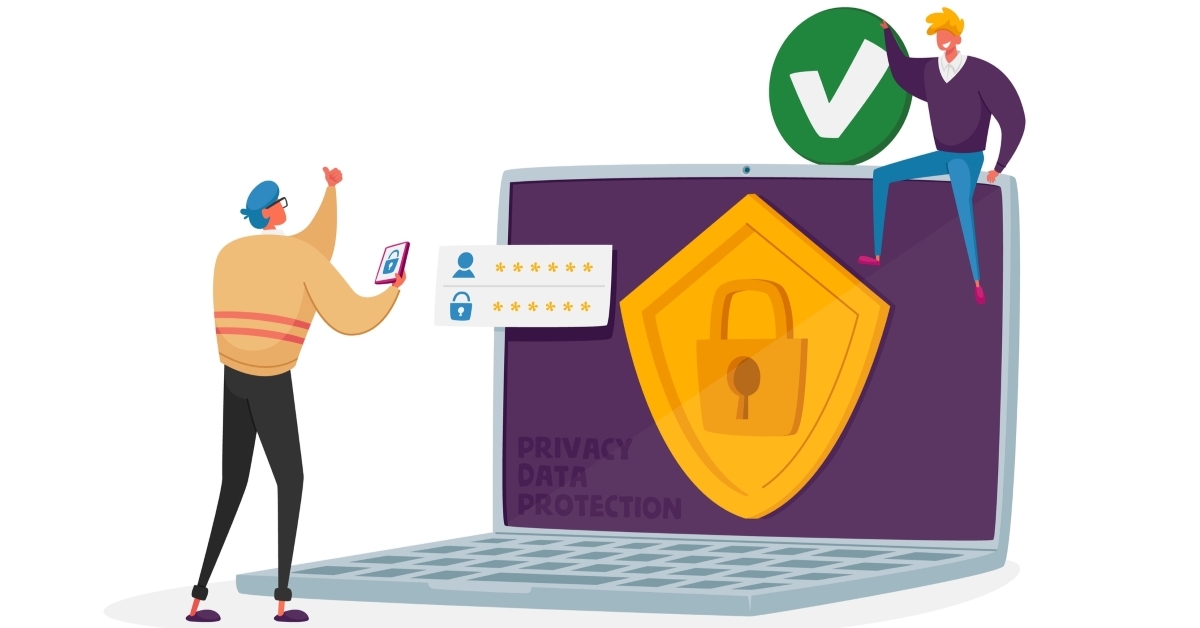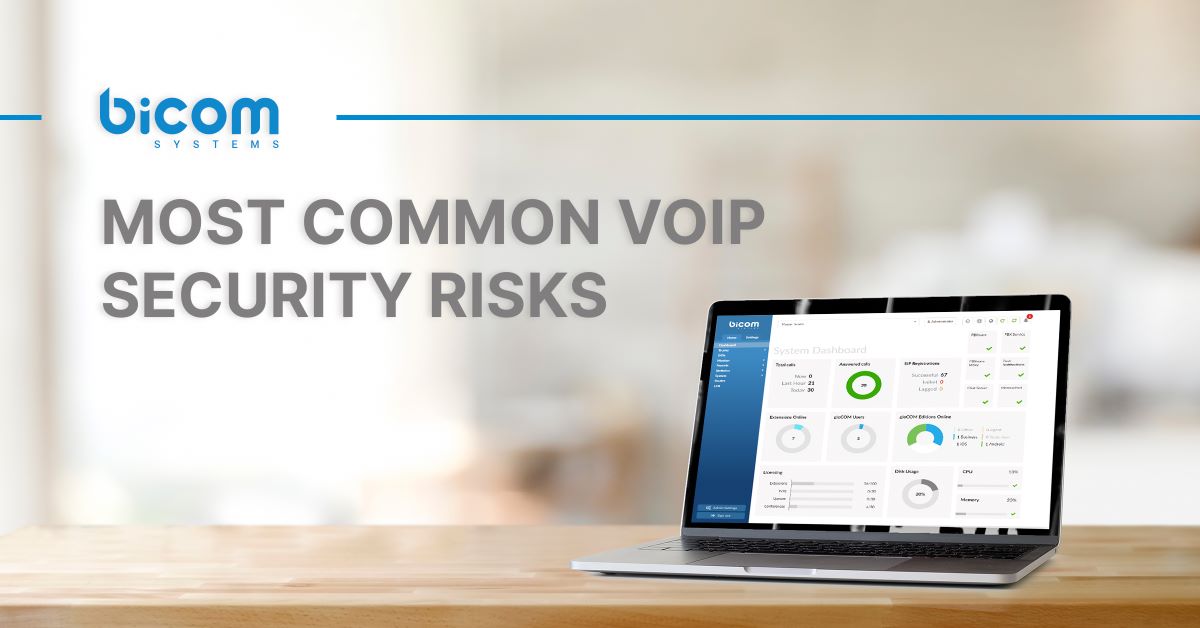Introduction
VoIP telephony is the future; it provides greater flexibility over traditional telephone lines, and the reliability of calls is no longer in doubt. It is easy to set up and many businesses discover that switching to VoIP saves them money. Because VoIP has gained popularity, security threats have unfortunately increased, as it has become an attractive target of cyber-attacks and scammers.
Knowing the most common VoIP security problems is critical for businesses considering switching or already using the platform. We’ll go through some typical security threats and the actions you may employ to minimize them.
Advantages and Disadvantages of VoIP
Before we dive into the security problems, let’s take a quick look at the benefits of VoIP. The first reason that comes to mind is undoubtedly financial savings. Still, the VoIP platform provides many additional features that are either impossible or incredibly expensive to execute with a traditional phone line.
Benefits of VoIP Platform
Remote-Work Friendly: Working from home has become the standard for most people. With VoIP solutions, communicating with the rest of your team is as simple as being in the same room.
Flexibility: This new platform’s adaptability is not available with traditional telephones. VoIP does not require the use of a phone. You can use a deskphone, a laptop, a computer, a cell phone, or any other supported device from almost anywhere.
Using a deskphone from home is simple – All you need is an internet connection! Simply connect your VoIP deskphone, and your home office is up and running.
Crystal-clear voice quality: Sound quality is crucial in phone communication for you and your customers. VoIP phones offer a high-definition audio quality, which your customers will appreciate because they will hear you in HD quality.
Low-cost Installation and maintenance: We’ve already addressed the financial benefits, and the fact that setting up VoIP doesn’t cost a fortune makes it appealing to both large and small businesses. Maintaining VoIP is also cheap, which is essential for anyone trying to save money in the long run.
Scalability: One of the most critical advantages of VoIP is its scalability and ease of adding additional employees as needed.
Numerous additional features: VoIP also includes a plethora of valuable features, for instance, a Mobile app, DND (Do Not Disturb), comprehensive Call Statistics, Automatic Call Recording, Voicemails, and many more.

Disadvantages of VoIP
There are no advantages without some drawbacks, and the same holds for VoIP. Despite its limitations, the VoIP platform’s benefits far outnumber its drawbacks, leaving only a few negative bullet points:
A stable internet connection is essential: Although VoIP does not use much bandwidth, it is more demanding than just surfing the Web, and a stable connection is a must.
While you cannot control your ISP-related connection issues, you can choose the best possible provider and ensure sufficient bandwidth for your VoIP platform, whether for phone calls, audio meetings, or video conferencing.
Latency and Jitter: Other connection challenges that any internet-based system can suffer, aside from speed, are latency and jitter. As with the internet connection, there are times when you simply cannot manage problems that are beyond your control, but there are ways to ensure that everything works well on your end.
Therefore, if you want to use VoIP, you’ll need a high-speed Internet connection and Cat-5e (or higher) Ethernet cables.
Emergency Calls tracking: The last drawback is the difficulty of locating people in an emergency. Due to the portability and accessibility of VoIP, third parties (such as 911) may have trouble figuring out where the call is originating from. Luckily, most VoIP platforms have incorporated features that allow you to maintain this information.
Most Common VoIP Security Risks
The surge in popularity of VoIP is accompanied by an increase in security concerns, unfortunately. Scammers and cyber-criminals saw VoIP as a new opportunity for their unlawful activities.
Many companies have felt this on their skin and suffered substantial financial losses as a result. Some haven’t been able to bounce back. Because of this, it is crucial that your VoIP provider meets all recommended security requirements.
VoIP Security Risks
- Brute-force Attack
- Packet sniffing
- Social engineering (Vishing/Caller ID spoofing)
- Distributed Denial of Service Attacks (DDoS Attacks)
- Call Tampering
- Eavesdropping (VOMIT)

Brute-Force Attack
One of the most common VoIP security threats is a brute-force attack, in which attackers attempt to get access to extensions secured by weak passwords. In addition to a trial-and-error technique of guessing username and password, hackers use the brute-force attack to gain access to your extensions, all in order to use them to generate high-cost toll fraud from which they generate personal profit and substantial losses to your business.
Packet Sniffing
Packet sniffing is one of the most common VoIP threats. Hackers can use it to steal and store unencrypted data from packets passing across the network.
Hackers exploit packet sniffing to intercept vital information, such as user credentials or other sensitive information, along the route. This is why ‘Packet loss’ occurs, as hackers have gained control of your router, packets are not reaching their intended destination, which greatly affects the speed of your services.
To avoid this, use a reliable VoIP company that offers secure VPN and end-to-end encryption to prevent hackers from launching a black hole attack. Also, maintain continuous monitoring of your services, with the option to be notified immediately if a cyber attack occurs (ideally before).
Social engineering (Vishing/Caller ID spoofing)
Social engineering is a way of manipulating others to obtain certain benefits from them. Without coercion, a person is deceived into giving or doing something he or she should not otherwise. Criminals use social engineering to exploit the human factor, rather than technology, to obtain certain information or privileges from the deceived party.
You’ve probably heard of Phishing. Voice Phishing (Vishing) is VoIP-based phishing, a type of social engineering attack that hackers use to gather critical information (passwords, credit card details, etc.). Hackers pretend to be someone they are not in order to extort certain information from you or to lead you to unwanted actions.
When it comes to protecting against Vishing cybercrime, the most effective technique is through caller authentication, such as the industry-wide Caller ID authentication standard, STIR/SHAKEN (which we discussed earlier in this blog), and regular security training of your employees.
DDoS / Distributed Denial of Service attacks
As the name implies, this attack blocks businesses from accessing their VoIP services by overloading their network and servers with more queries than they can manage.
The most common outcome of this type of network attack is the interruption of VoIP services, call quality issues caused by an overloaded network, and financial damage caused by network instability.
Call Tampering
Call tampering is another method of limiting companies’ communication by having hackers inject unwanted packets into a call, resulting in a significant drop in quality. This can further cause continuous interruptions and disconnection from the client.
End-to-end encryption, TLS data packet authentication, and network scanning for unauthorized objects are the best ways to prevent Call Tampering attacks.
Eavesdropping (VOMIT)
Voice Over Misconfigured Internet Telephones (VOMIT) is a hacking tool that enables hackers to record your chats and convert them to files that can be shared anywhere, making this eavesdropping technique extremely dangerous.

What to Look for in a Secure VoIP Service Provider
Let’s see what we can do now that we know the security risks. While it may be tempting to consider only the cost-effectiveness of VoIP, you must also consider security.
Call encryption is something you want as part of your VoIP service plan. Call encryption uses:
- Transport Layer Security (TLS)
- Secure Real-Time Transport Protocol (SRTTP)
These two protocols work together to establish high-grade security for your every call.
A company’s communication with its clients should also be taken into account. Visit their Status page to learn more about the following topics:
- Voice
- Chat
- Analytics
- Surveys
Other things that you should consider when it comes to securing your VoIP service include:
- Strong password policy
- Up-to-date system updates
- Virtual Private Network for Remote employees
- Security training
- Encourage staff to report any suspicious behavior
- Minimize sending sensitive data over unsecured mediums
- Configuring restrictions and notification triggers
PBXware Security features
Dynamic Auto-Provisioning and Zero-Touch keep your passwords safe
Bicom Systems’ PBXware utilizes dynamic auto-provisioning, which, combined with Zero-Touch provisioning, ensures that SIP credentials never need to be sent to the end-user. After getting redirected by the ZTP server, PBXware will dynamically generate auto-provisioning files containing authentication data, along with all other information the device needs to configure itself. Unlike other provisioning systems, the provisioning files are generated and served on demand and do not remain on the server statically.
Call Cost Management
By implementing spending limits, PBXware allows you to configure daily or monthly triggers, which can provide notifications if certain limits are breached or even block an extension from calling altogether if a hard limit is breached. If a specific end-user averages at 10$ per day, setting a soft limit to 20$ and a hard limit to 40$ will not only warn you if the end-user went above their daily averages but also prevent the user’s extension from making any more calls if they breach the hard limit. This minimizes the damage if a specific extension is compromised.
Action Logs
Integrated’ Action logs’ provide information about who did what on your system. Tracking what each administrator does, edits, and changes is vital when backtracking changes if access credentials are compromised.
IP-based Control
With IP-based control for all extensions, PBXware allows you to lock down an endpoint to a specific IP address for additional security for devices that have static IPs.
Two-factor Authentication
PBXware offers two-factor authentication for its GUI users. This increases access security by requiring two methods of verifying your identity (also known as authentication factors).
SIP attacks protection module
Bicom Systems has designed a protection module called sipPROT that prevents various SIP attacks.
sipPROT operates on LIVE SIP traffic, continuously monitoring SIP responses. It identifies potential attacks promptly and blocks the IP addresses from which the attack originates.
If the attack continues, sipPROT can block the IP address permanently without any involvement of the administrator.
You can also maintain static block and allow lists to ensure your clients don’t end up accidentally on the firewall’s bad side. You can also tweak other parameters to ensure it behaves up to your security standards.
Contact Us
If you are interested in PBXware or our VoIP solutions specifically tailored for your business, don’t hesitate to reach out.

